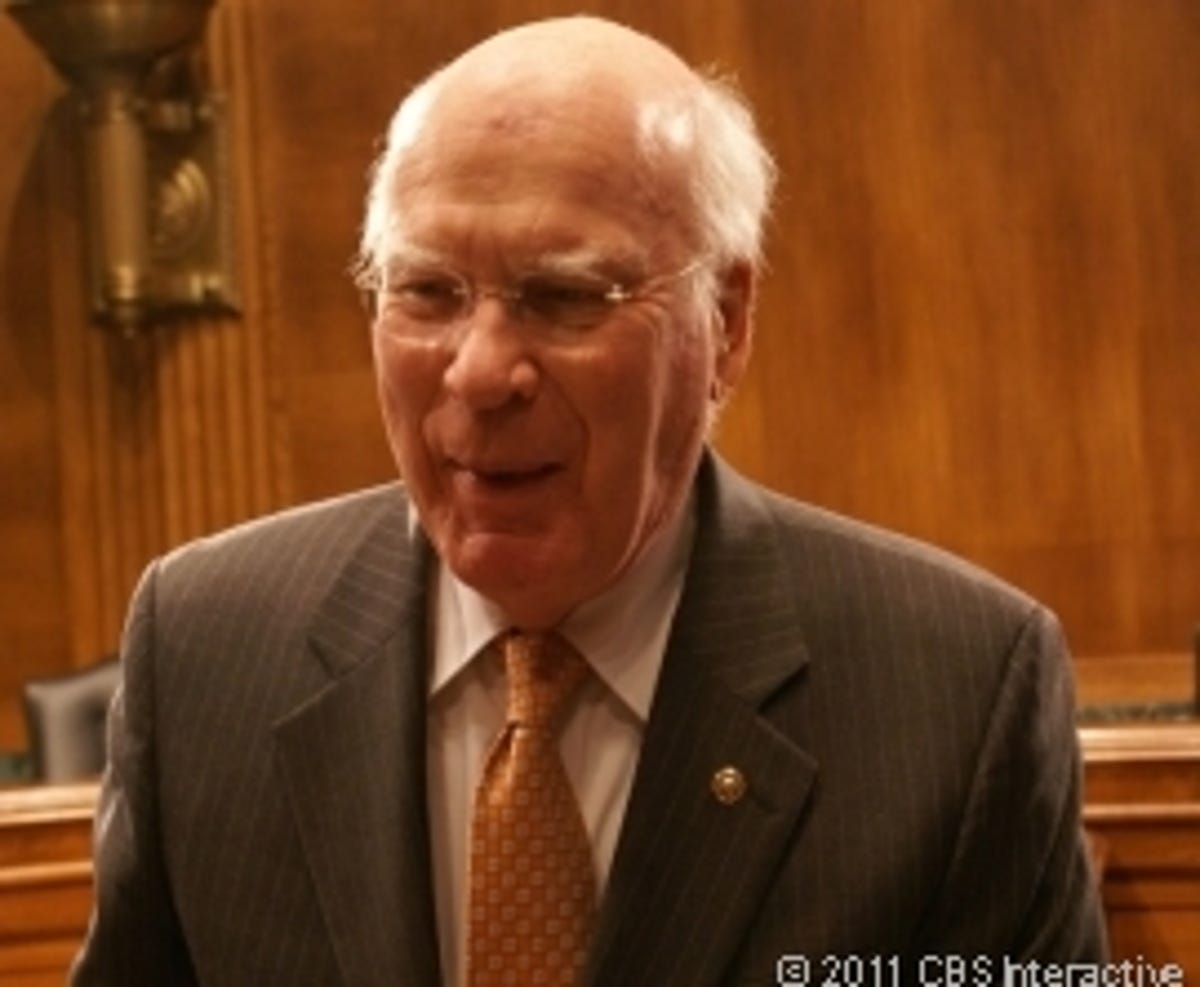AT&T defended its proposed acquisition of T-Mobile USA before a U.S. Senate committee this morning, saying the combined company will deliver high-speed wireless services to 97 percent of Americans and provide consumer benefits such as fewer dropped calls.
“The combination of AT&T and T-Mobile could not possibly derail the powerful forces of competition in one of the nation’s most competitive industries,” AT&T chairman and CEO Randall Stephenson said. It will result in additional network capacity beyond what the two companies had separately, he said, because of more efficient use of spectrum.
AT&T announced in March that it planned to buy the smaller company from Deutsche Telekom for $39 billion, a combination that would make the new company the dominant wireless player in the county at more than 129 million subscribers, compared with Verizon Wireless’ roughly 102 million. (See list of related CNET articles.)
The Federal Communications Commission and the Justice Department are reviewing the merger on competition and market concentration grounds.


During today’s Senate Judiciary hearing, politicians on the antitrust subcommittee questioned whether the combined company would be too large.
“Should this deal be approved, AT&T and Verizon will control close to 80 percent of the national cell phone market,” said Herb Kohl, a Wisconsin Democrat. He suggested that the combination would create a “duopoly” and begin to reconstitute the market power that AT&T enjoyed as a monopoly in the 20th century.
Sen. Patrick Leahy, the Vermont Democrat who heads the full Judiciary committee, said unnamed “experts tell me both AT&T and T-Mobile have large blocks of unused spectrum in rural areas,” meaning the merger wouldn’t be as necessary.
AT&T and T-Mobile USA (CEO Philipp Humm also appeared) didn’t find many friends at today’s hearing, which will signal to the Justice Department where their political overseers stand. But the Judiciary committee does not have a formal role in the merger approval process.
Sprint Nextel CEO Daniel Hesse said that “the only remedy that can preserve competition and a vibrant wireless marketplace” is for regulators to “Just Say No” to the deal. Allowing it, he warned, would cause “irreparable harm to competition” and consumer choice.


Greg Sandoval/CNET
Gigi Sohn, president of Public Knowledge, which regularly opposes corporate mergers, argued that this merger should be blocked and that AT&T’s spectrum woes are its own fault. “AT&T has not invested aggressively enough and has instead put its capital into acquiring existing and potential competitors,” she said, making any capacity issues “a self-inflicted wound.”
And Sen. Al Franken, the Minnesota Democrat, chimed in, saying: “I believe it’s going to raise prices for American families and cost thousands of jobs.”
That might come as a surprise to Larry Cohen, the president of the Communications Workers of America, which represents 43,000 AT&T Wireless employees.
Cohen said the merger “will be good for U.S. workers” and “should be expeditiously approved.”
In addition to the size of the combined subscriber bases, antitrust regulators are likely to be concerned that the deal will also merge the two largest GSM carriers in the U.S., giving customers only one carrier to choose from if they want to use that wireless standard. GSM is the dominant global wireless technology and the standard in Europe, meaning that U.S. cell phone users who travel frequently will need to carry one of AT&T’s phones.
AT&T has argued that the T-Mobile spectrum will help it keep up with growing demand for wireless data services. The company plans to use T-Mobile’s AWS spectrum acquired in 2006 for its 4G LTE network. AT&T will also use spectrum it acquired in the 2008 700MHz auction for this network as well. Specifically, AT&T says that the T-Mobile spectrum will help the company alleviate congestion in already crowded markets such as New York City.
T-Mobile USA released first-quarter earnings last week, and the outlook was grim. The company’s revenue was basically flat compared to a year ago, but profit fell. In the first quarter of 2011, it reported a profit of $135 million, down from $362 million during the same quarter last year.
T-Mobile has steadily been losing customers over the past several quarters. In fact, its subscriber numbers only increased once in the previous five quarters. For the full 2010 year, T-Mobile lost a total of 56,000 subscribers.
It’s unclear what the deal’s prospects are. The Federal Communications Commission warned in a report last May that the wireless industry was becoming more concentrated and indicated that 60 percent of the nation’s subscribers and revenue come from the country’s two largest wireless providers: AT&T and Verizon Wireless.
AT&T had said that it expected the merger to close in about a year. But regulators are examining the deal closely and there are indications that it could take longer than 12 months to evaluate. Last week, the Justice Department asked for more information, which could extend the examination beyond the one-year mark.
CNET’s Marguerite Reardon contributed to this report.



